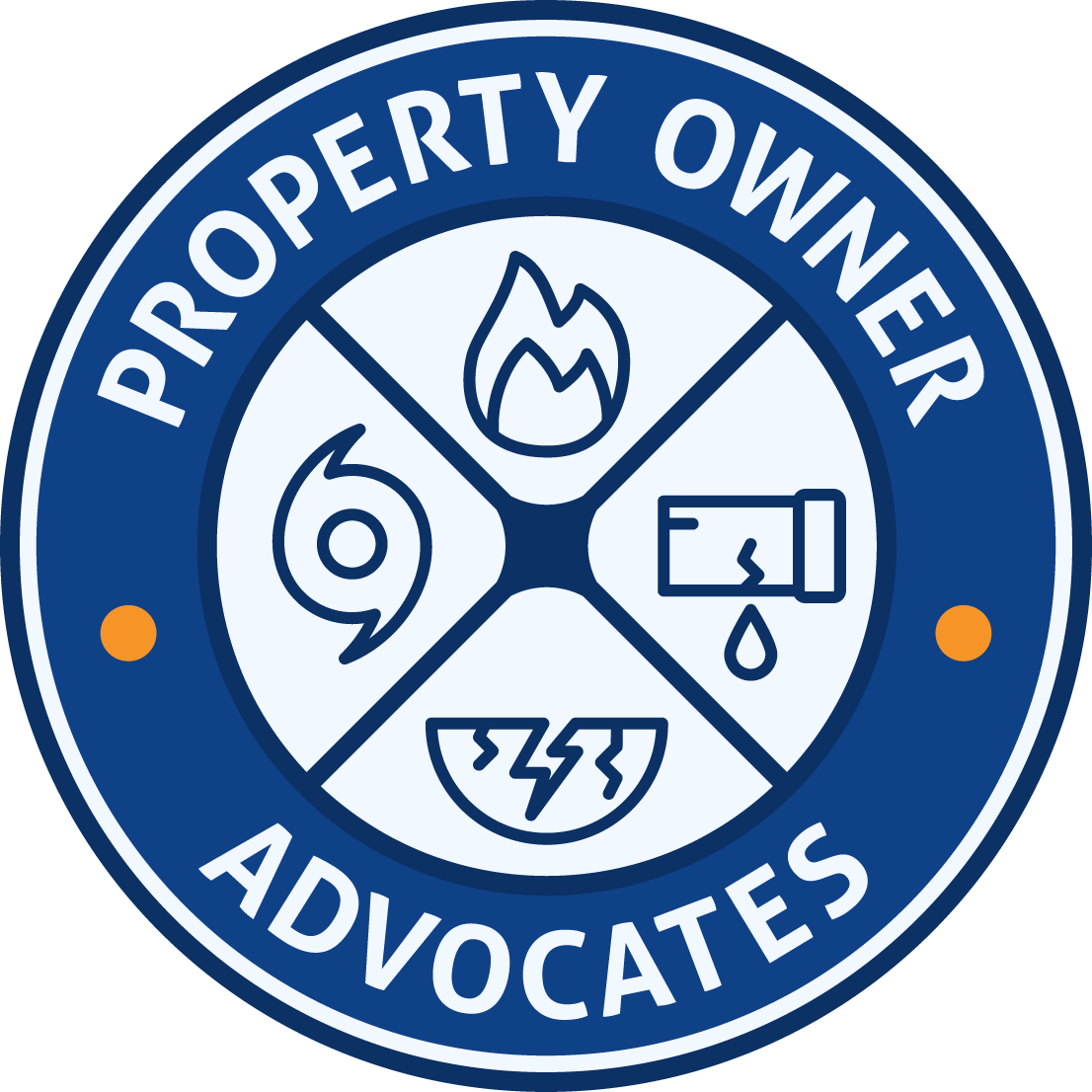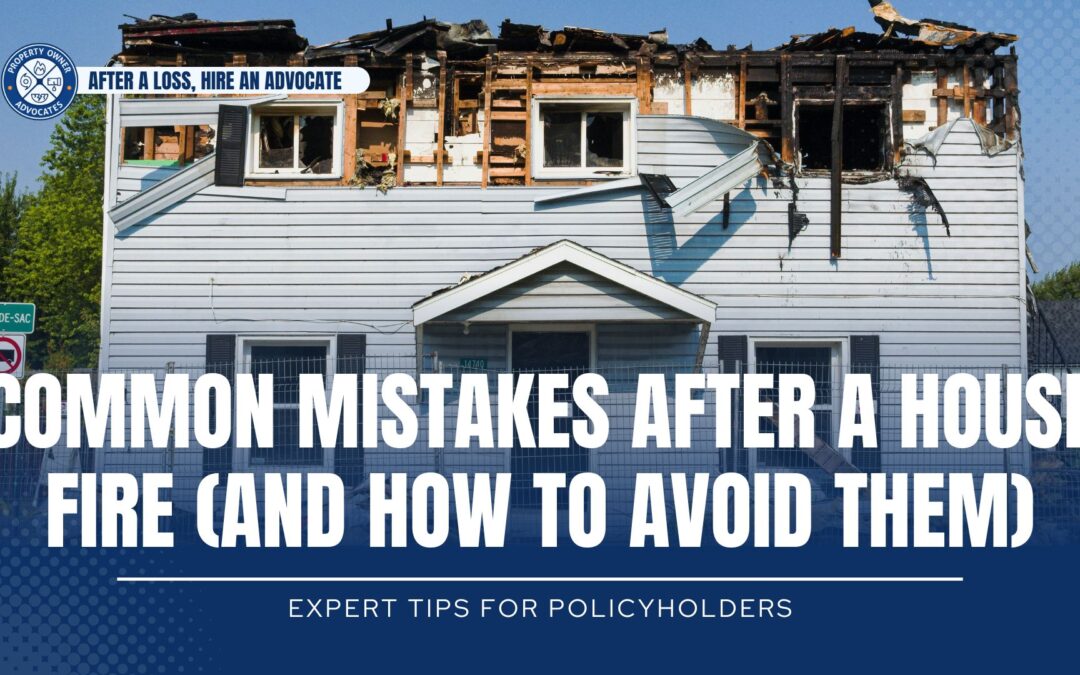When the Fire’s Out, the Hard Part Begins
A house fire is one of the most stressful events a homeowner can face. Once the flames are out, you’re left to deal with smoke, soot, water damage, and — of course — the insurance claim process.
Unfortunately, many people make costly mistakes in those first few days and weeks. These slip-ups can delay your recovery or even reduce your payout. The good news? Every mistake has a fix.
Here are 7 common mistakes homeowners make after a fire — and how to avoid them.
1. Throwing Away Damaged Items Too Soon
It’s natural to want to clear out burned belongings right away. But if you throw things away before documenting them, you lose crucial proof of your loss.
The Fix:
- Take photos and videos of every damaged item before discarding.
- Keep an inventory list with estimated values.
- Only remove items after the insurance adjuster (or your own expert) has inspected them.
2. Waiting Too Long to Report the Claim
Insurance policies usually require “prompt notice” of a fire. If you wait weeks to notify your carrier, they may argue the delay hurt their ability to investigate.
The Fix:
- Call your insurance company as soon as everyone is safe.
- Ask for a claim number and keep a log of who you spoke with and when.
- Follow up in writing (email or letter) to confirm your report.
3. Trusting the Insurance Company’s Estimate Blindly
Your insurer’s adjuster works for them — not you. Their first estimate often undervalues the true cost of repairs.
The Fix:
- Get independent estimates from licensed contractors.
- Compare line items against the insurer’s report.
- Consider hiring a public adjuster to represent your side of the claim.
4. Forgetting to Document Additional Living Expenses (ALE)
If you can’t live in your home after a fire, your policy may cover hotels, meals, and even gas for extra travel. Many homeowners forget to keep receipts, leaving money on the table.
The Fix:
- Save every receipt from hotels, restaurants, laundry, and temporary rentals.
- Track mileage if you’re driving farther due to displacement.
- Submit expenses regularly to your insurer for reimbursement.
5. Overlooking Hidden Smoke and Soot Damage
Even if the fire was contained, smoke and soot can spread through vents, closets, and behind walls. If this isn’t documented, insurers may downplay the damage.
Failure to document smoke damage properly is a mistake we cover in our smoke & soot insurance guide
The Fix:
- Have a professional inspect HVAC ducts, attics, and crawlspaces.
- Use photos to show discoloration, staining, or residue.
- Ask your adjuster in writing whether smoke remediation is included.
6. Not Mitigating Further Damage
After a fire, you’re required to prevent additional damage. If you don’t tarp a roof or board up windows, your insurer could deny parts of the claim.
The Fix:
- Take reasonable emergency steps: cover openings, shut off utilities, arrange water removal.
- Hire licensed restoration contractors for professional mitigation.
- Keep invoices to prove you fulfilled your policy duties.
7. Handling the Claim Alone When It Gets Complicated
Fire claims are among the most complex in insurance. Trying to handle everything on your own can lead to missed payments or underpaid settlements.
The Fix:
- Know when to bring in experts. Public adjusters, restoration companies, and attorneys can level the playing field.
- Get help if your claim is delayed, denied, or feels undervalued.
- Remember: having your own advocate often speeds up recovery.
For a proactive step-by-step approach, use our house fire recovery checklist
Final Thoughts
Recovering from a fire is tough — but you don’t have to make it harder by falling into these traps. With the right documentation, timely action, and expert support, you can protect your rights and ensure you you get the best possible payout.
Property Owner Advocates offers free policy reviews for Florida homeowners dealing with fire, smoke, and soot claims. Don’t let mistakes cost you — let us help you get it right from the start.

